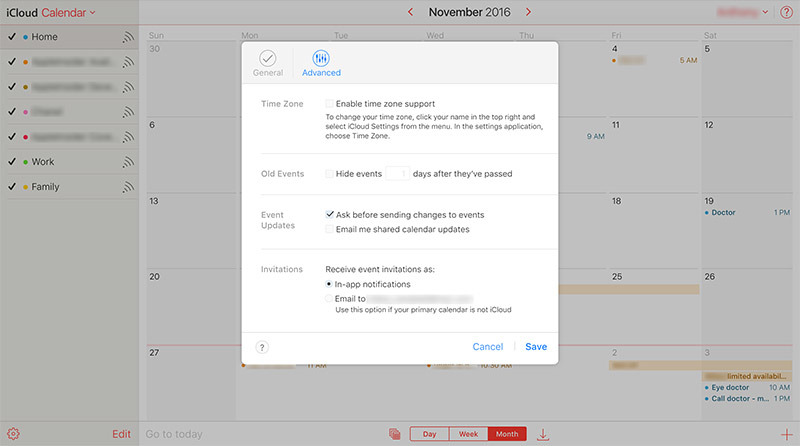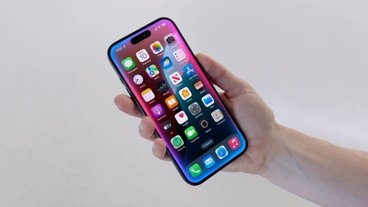Apple on Wednesday released a statement regarding a recent spate of spam iCloud Calendar invitations, saying it is working to address the issue by identifying and blocking suspicious invite senders.
Apple acknowledged the issue, which became a problem for many iCloud users in recent weeks, in a brief statement to iMore's Rene Ritchie, who subsequently shared the response via Twitter.
"We are sorry that some of our users are receiving spam calendar invitations. We are actively working to address this issue by identifying and blocking suspicious senders and spam in the invites being sent," Apple said.
The company failed to detail how, exactly, it plans to target offending users.
Over the past week, spammers have increasingly turned to Apple's Calendar service instead of sending advertisements and other promotional content through email, effectively bypassing potential spam filters. Depending on system settings, iCloud Calendar invites are pushed out directly to connected iOS and Mac devices, which in turn trigger an onscreen notification that must be accepted or denied.
Further, interacting with an iCloud Calendar invite automatically sends a response to the sender, meaning spammers can easily determine whether a particular account is active.
An innocuous problem compared to malicious data breaches and hardware hacks, iCloud Calendar spam has nevertheless become a thorn in the side of Apple device owners used to a spam-free experience.
While Apple works on a backend solution users can manually redirect Calendar invites to Mail instead of the Calendar app. To change this setting, users must sign in to iCloud.com on a Mac or PC, navigate to the Calendar web interface and click on Settings, represented as a small gear icon at the bottom left of the screen. Select Preferences > Advanced, navigate to Invitations and choose Email to [email address]. This method will deactivate push notifications for all Calendar invitations, including legitimate requests.
Alternatively, users can simply turn off Calendar notifications on their iOS device by navigating to Notifications > Calendar in the Settings app. The settings pane includes options for switching off notifications for incoming invites or all Calendar events.
Users who want to rid their calendar of spam invites without alerting spammers have to undertake the arduous process of creating a dedicated spam calendar, adding all spam invites to said calendar, then deleting it.
 AppleInsider Staff
AppleInsider Staff







-m.jpg)






 Charles Martin
Charles Martin
 Christine McKee
Christine McKee
 Malcolm Owen
Malcolm Owen

 Sponsored Content
Sponsored Content

 Amber Neely
Amber Neely










33 Comments
Good, it's driving me mad.
"The company failed to detail how, exactly, it plans to target offending users."
Damn, at least give them more than 5 minutes before declaring that they've failed? Didn't this just start happening a few weeks ago? Maybe 'did not' instead of 'failed to'?
So far, I've only received one spam invitation, but it really freaked me out since it was a type of spam I've never seen before. I though the sky was falling until I searched and found others reporting the same issue. I still don't fully understand the mechanism that allows this to happen.
When I tried to move the offending ads, Calendar would not let me, saying that only the creator of the invite could modify it. Since I don't use iCloud Calendar, I just deleted and recreated the Home calendar. I have since redirected such invites to email, where they will be easily disposed of.